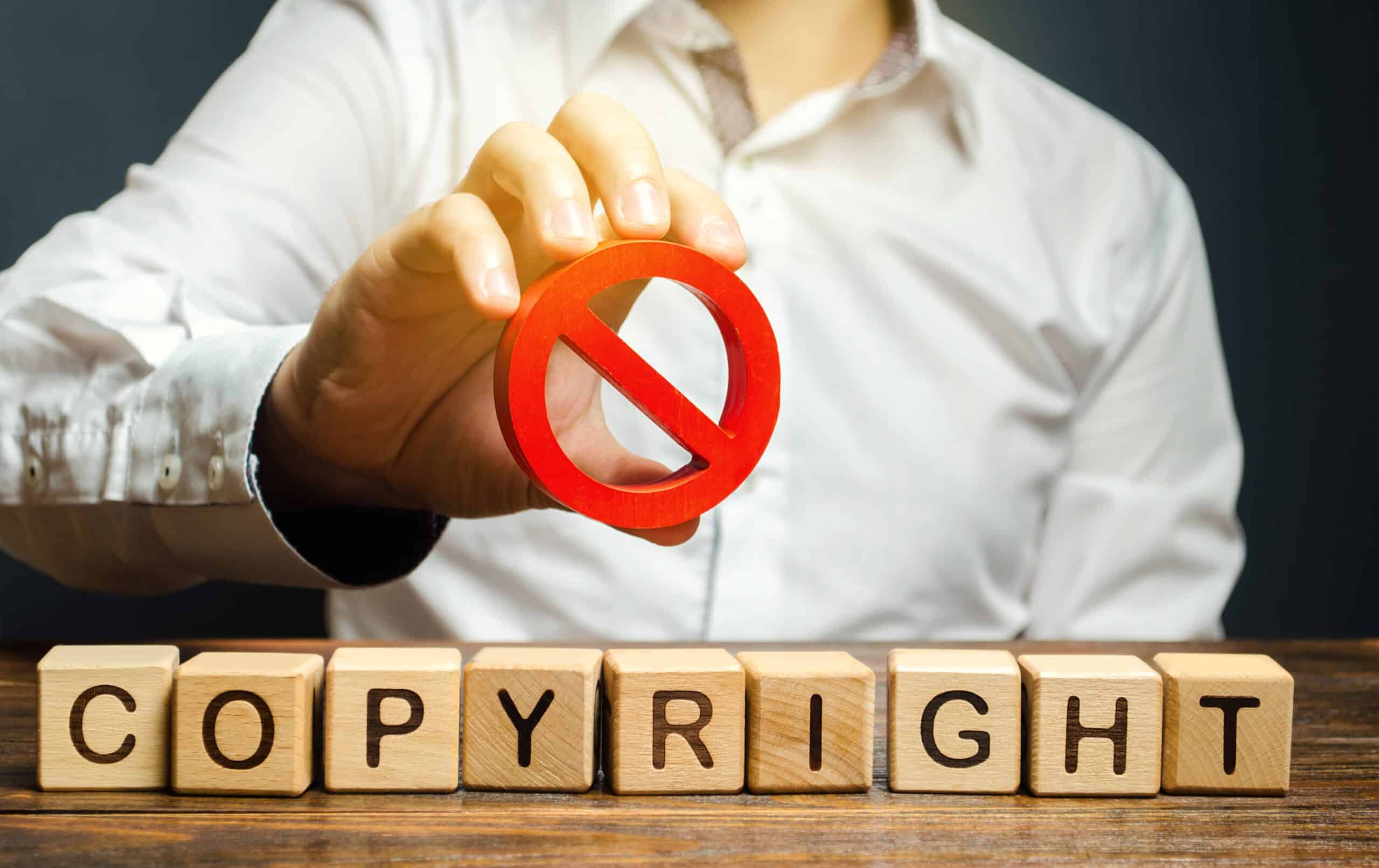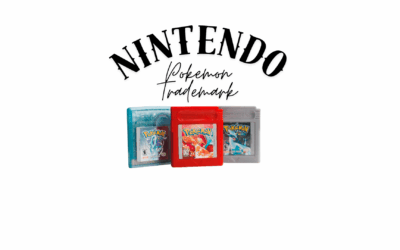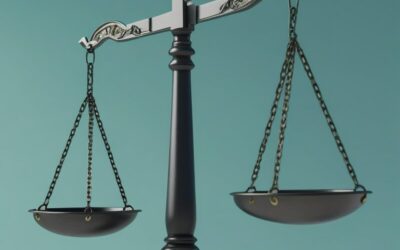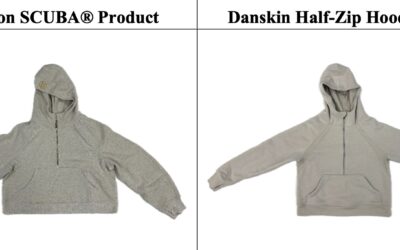There are many board games on the market today. These board games are unique works created by an author that copyright automatically attaches too. When registering your board game with the United States Copyright Office, you would file your board game under a literary work. “The Copyright Act defines “literary works” as “works, other than audiovisual works, expressed in words, numbers, or other verbal or numerical symbols or indicia, regardless of the nature of the material objects, such as books, periodicals, manuscripts, phonorecords, film, tapes, disks, or cards, in which they are embodied.” (17 U.S.C. § 101)
So, what can you copyright on your board game? For example, if you created a game with unique squares, artwork, and wording these would all be considered original works and could be copyrighted.
When registering your board game with the Copyright Office you will need to do the following:
1. Choose Literary Work
2. Enter in your title of your board game;
3. Enter the publication date or year created;
4. Enter the Authors or Contributors which are those who have created the original work within the board game;
5. Enter the Claimant which is the company or individual who has the rights to the copyright, and enter if they have any limitations in the work; and
6. Enter correspondent information.
The United States Copyright office will have you upload your board game after all the above is filled out and you have paid the fees.
Please feel free to reach out to us here at Accelerate IP if you have any questions.
Nintendo Jigglypuff Trademark Battle: How a Gaming Giant Lost Rights to Its Own Pokémon Character
Nintendo’s $600 Mistake: How a Gaming Giant Lost Rights to Its Own Pokémon Character
In one of the most surprising trademark disputes of 2025, Nintendo found itself fighting to cancel a “JIGGLYPUFF” trademark registration—owned not by the gaming company, but by a Chinese jewelry business. Despite nearly three decades of using the beloved Pokémon character since 1996, Nintendo never filed a federal trademark application for Jigglypuff, allowing Yiwu FeiMeng Jewelry Company to secure the rights in 2022.
The Sonos v. Google Patent Wars: Federal Circuit Showdown
Federal Circuit oral arguments could reshape patent continuation strategy after judge controversially threw out $32.5M verdict over 13-year delay.
Lululemon vs. Costco: Athletic Wear Giant Alleges Unauthorized Product Sales
Lululemon has filed a comprehensive federal lawsuit against Costco, alleging the retail giant violated multiple...




